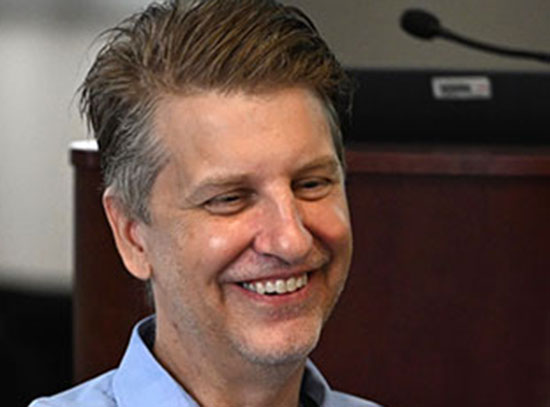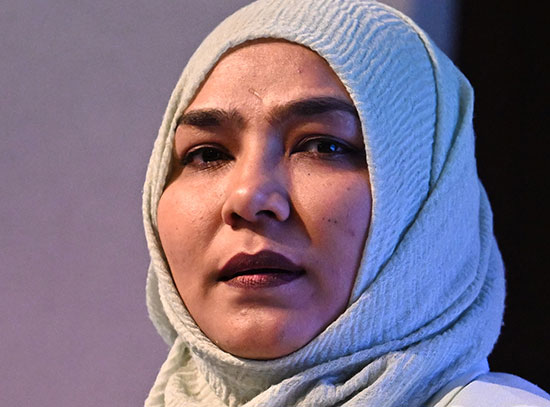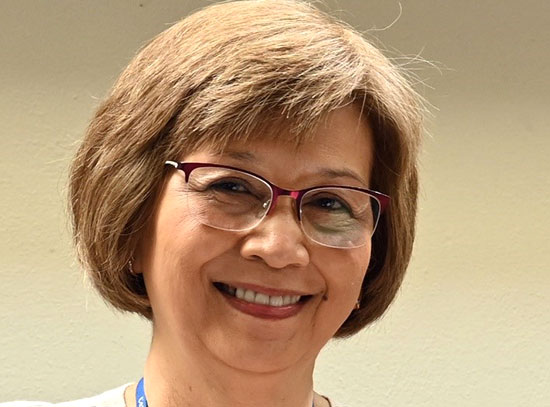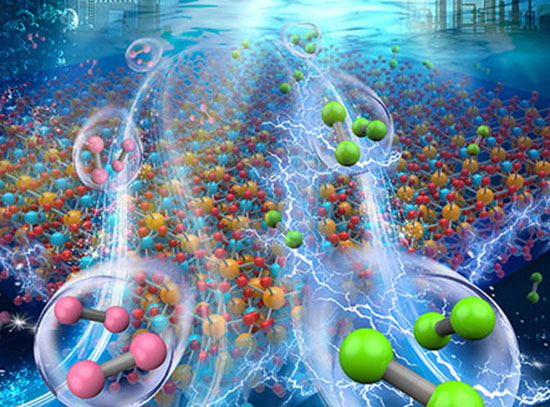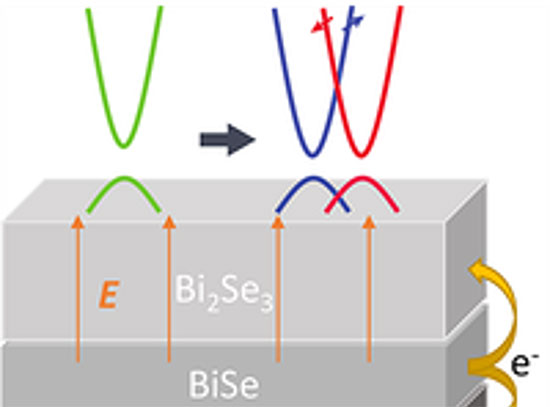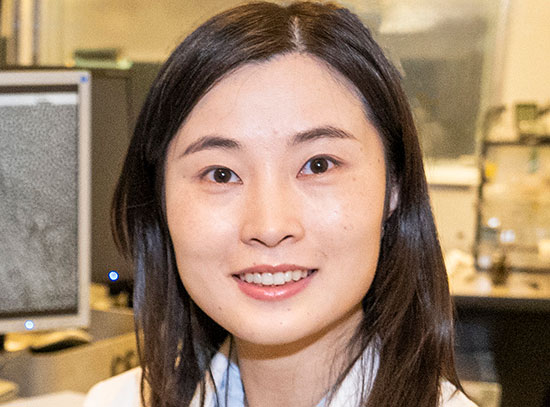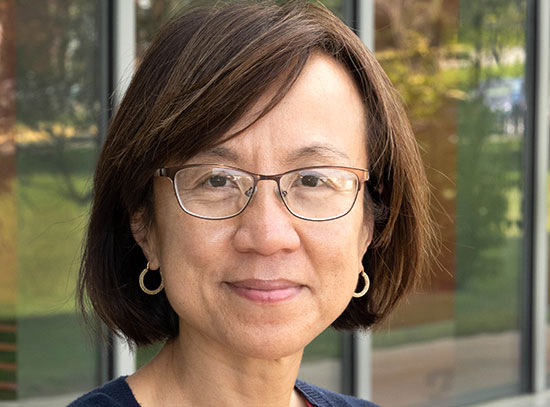A Message from Chuck Black
insights from the CFN Director
September 23, 2024
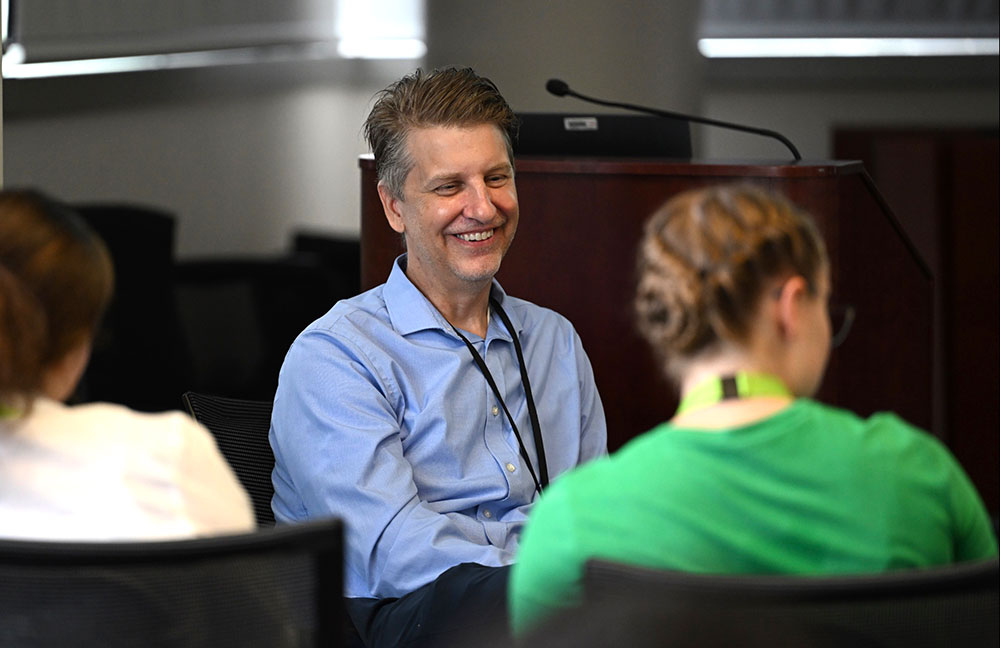
Chuck Black
Last week, I was privileged to attend the U.S. Department of Energy (DOE) Office of Science Energy Earthshots in Rockville, Maryland. This important, two-day meeting brought together leaders from DOE-funded research centers across the country, all working in support of the ambitious DOE effort to tackle some of the most pressing energy challenges by accelerating solutions for more abundant, affordable, and reliable clean energy.
The Energy Earthshots Initiative, launched in 2020, consists of seven transformative goals ("shots") targeting the major breakthroughs needed to facilitate the transition to a more sustainable world. Like the U.S. "Moonshot" initiative in the 1960s, which aimed to land humans on the moon by the end of the decade, the Earthshots are similarly audacious.
My own goal at the summit was to make sure the community is aware of the incredible facilities and expertise we offer at CFN and all the DOE Nanoscience Research Centers — and to communicate that we are ready and eager to support the Earthshots Initiative.
At the meeting, I was especially inspired by a talk from Dr. Jennifer Pett-Ridge, a senior staff scientist and group leader at Lawrence Livermore National Laboratory, on carbon dioxide removal strategies. Dr. Pett-Ridge is lead author of the Roads to Removal report, a deep analysis evaluating the feasibility and capacity for large-scale carbon dioxide removal in the U.S. This research assembled 68 researchers from 13 academic institutions to evaluate the cost, impacts, and scalability of all carbon removal approaches, including forest management, managed cropland soils, biomass carbon removal and storage, and direct air capture. Roads to Removal makes clear both that such an “all hands on deck” approach is needed and that we can do it — if we have the will.
In closing her talk, Dr. Pett-Ridge urged us to action, warning that "Later is too late."
I was inspired listening to Dr. Pett-Ridge and engaging with scientists leading these centers. The event filled me with pride — in being a scientist, and in being part of a country that values science so deeply that we fund the national lab scientific workforce, a group charged with solving the most significant challenges and securing a better future for all. Now, more than ever, it's important for us to remember our role — and to be emboldened by the challenges. We must resist the urge to think, “Those problems are too big for me,” and instead embrace the privilege we have to make a real difference.
Now that I am back home, my thoughts have turned to remembering an extraordinary person, Dr. Charlie McMillan, who tragically died, without warning, just this month.
I first met Dr. McMillan in 2017, when I was part of a DOE leadership group visiting Los Alamos National Laboratory, where he was lab director. The visit remains one of the most formative experiences of my career so far. There, I learned both about the exceptional work being done at Los Alamos and the immense responsibility that Los Alamos scientists carry in solving some of the most serious challenges in the world.
But what I remember most from that visit is Charlie himself, who took time to spend with our group and pass along his perspectives. He is one of the most impressive people I’ve ever met. Through his example, Charlie showed us how a leader can inspire excellence while deeply caring for those he leads.
Charlie's jarring, sudden death is a stark reminder that in life we don't always get the luxury of time. Opportunities can pass as quickly as they arrive, and it’s up to us to seize them. It’s difficult to find a concrete lesson in something so sad and shocking, but to me, one stands out. We're all incredibly fortunate to be spending our careers in the national lab system, where we are tasked with securing a better future for the U.S. and the world by tackling the most pressing scientific challenges of our time. So, let’s work together and act with urgency. Let’s apply all our energy, knowledge, and skills to make the world better.
We are all counting on us, and “later” is simply too late.
— Dr. Charles Black
Director and Senior Scientist
Center for Functional Nanomaterials
Brookhaven National Laboratory
2024-22092 | INT/EXT | Newsroom




